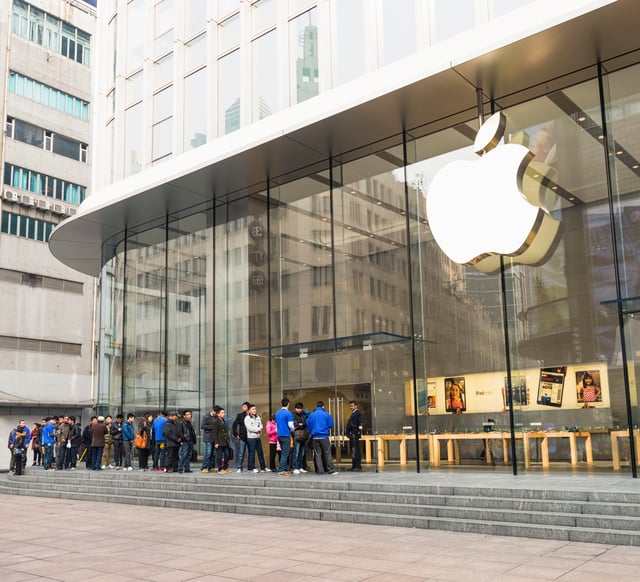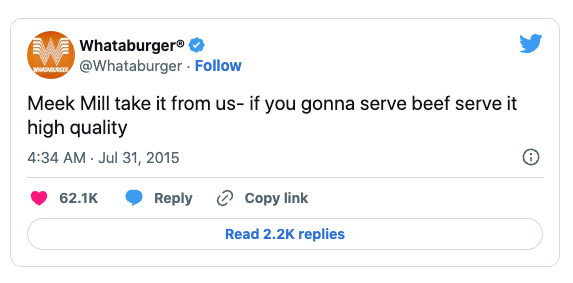Using Psychology in Order to Boost Customer Awareness

Understanding the use of psychology in social media – and how to use it to boost customer awareness.
What are we curious about? – Neuromarketing
When it comes to marketing anything, whether it be the hottest, innovative, new product or the service the social community has been craving, it is extremely important to know your audience – who’s going to be making use of what we have to offer? In order to answer this question, it will require us getting into the heads of our customers. What do they like? What don’t they like? What are their buying patterns?
This is essentially what marketers call ‘neuromarketing’.
Put simply, it is a method of examining the responses of consumers to various advertisements and products in order for businesses to generate more targeted, and perhaps more successful, marketing campaigns. People are predictable and this makes it easy for us to explore.
Primarily, we’re curious about how we can use this particular ‘psychology’ in order to boost social engagement to stand out and attract our customers.
Social Proof
Ever been online and seen a business have hundreds of 4/5 star reviews and thought “…hmm, they’re good”? Or have a friend or family recommend a product to you saying something like “you have to get this!”? These are examples of businesses developing good ‘social proof’. Customers are more likely to purchase when they see that this particular business/product/service has developed a good reputation.


The psychology behind this is that humans tend to conform and follow what they see as the ‘norm’ and this ‘norm’ in business could simply be hundreds of people saying the same positive things about a company. It can even be a few, yet trusted people like friends and family, that manage to convince you to develop a particular impression of an organisation.
Companies such as Amazon, that allow for user reviews, follow this concept and you can see how well it has done for them! It’s similar to how YouTubers end videos by saying something along the lines of “hit like and subscribe if you’re new!” as a way of developing a fanbase.
So in order to develop some ‘social proof’ it’s very simple – try and encourage your customers to leave reviews about the business and the products/services they have purchased and showcase these comments, either through social media or on your own website. Let your current customers indirectly talk to your potential customers and watch the orders flow in!
Reciprocity
Who doesn’t love getting things for free? Engage your customers with quizzes and raffles which have possibilities for winning products or services for free. Firstly, people will love fighting for this opportunity, but it also allows for good social awareness. Consumers might even send the quizzes to their friends to raise some competition! They may also keep checking back to your website to see if there’s any more new prizes up for grabs, directly increasing website traffic and when people receive items for free, they’re more likely to purchase items from that website!
Humans are known to be innately polite people. When they acquire something from someone for free, they feel compelled to return the favour in engaging back with you and perhaps making a purchase. This is one of the reasons doing giveaways and other contests prove to be very popular.
Recently, companies such as Apple Music offer potential customers the chance to experience their music platform for free for an initial three months, saving up to £30. This allows customers to develop a fondness for their company and more likely to pay for the paid version at the end of the trial.
So what we’re suggesting is that your company sets up some exciting contests and quizzes for your social media followers, which can then be passed between their circles. This allows for a good spread of awareness for your company as well as putting your name in the back of their minds. You can even send special ‘thank yous’ to your more frequent customers and comment, like or share their social posts, as well. If you’re nice to your customers, they will be nice in return :).
Make Customers Laugh
This involves developing a certain relationship/connection with your followers. Now when you see a ‘post’ or ‘tweet’ on Facebook, Twitter or other social media platforms, there’s options to hit ‘like’, ‘retweet’ or even ‘share’. Normally when we find something funny or interesting online, we normally tend to react, hitting one of those options. So when companies post intriguing or comical statuses, it’s of no doubt that customers will also be likely to respond and thus, develop a ‘connection’ with this company.
Source: thedrum.com
When humans associate a positive reaction to a company, it’s plausible that they will keep future interactions with that company positive as well. When deciding what brand to purchase of a product, the difference could be a cheeky, light-hearted tweet that made the user giggle, that one time. I, personally, chuckle every time Orlov the meerkat from Compare the Market comes on my television and starts criticising his loyal servant, Sergei.
I remember a time when popular hip-hop artists Drake and Meek Mill were involved in a heated exchange of aggressive musical numbers – termed “beef” in rap culture. Popular American fast-food chain, Whataburger got in on the action for some publicity and released an amazing tweet in response to a track from Meek Mill:


This humorous tweet, which reached almost 100,000 retweets, got such widespread acclaim from fans – even leading to Drake displaying this in one of his concerts. This no doubt raised Whataburgers customer visits thereafter, by a landslide!
The lesson learned, therefore, is to crack a few jokes now and again to develop relationships with customers. Use observational humour to make some relatable quips and don’t take yourself too seriously. Let the customer see your brand as human too and enjoy reading your posts. What will follow, is success…
